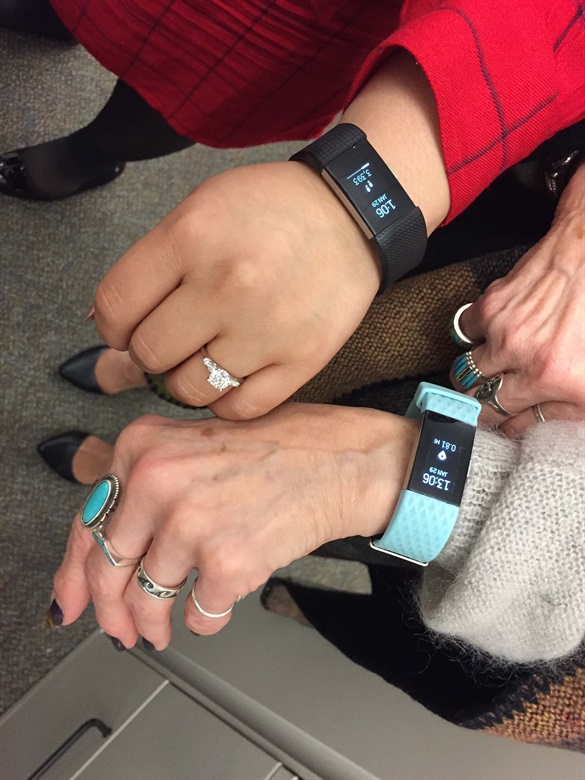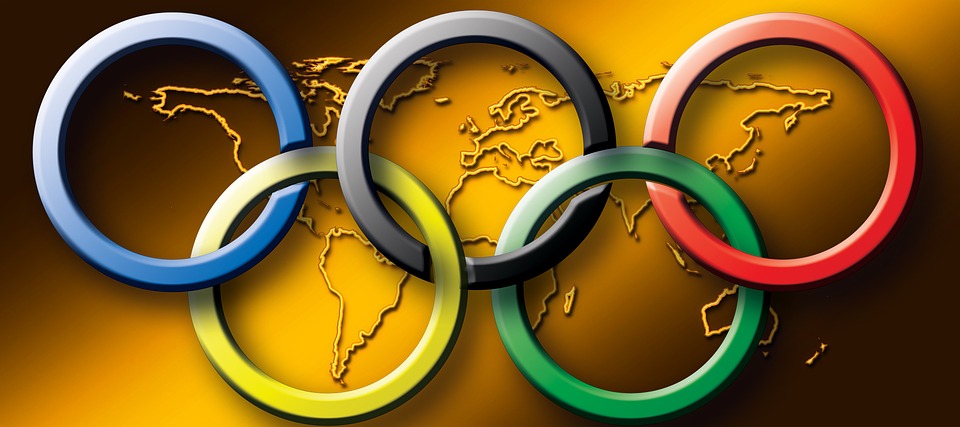The wearables market is closely monitored, heavily scrutinized, and sometimes rather volatile. Following Q1 2018, the industry featured 1.2 percent growth of global wearable shipments, racking up 25.1 million units, according to the IDC research group.
Along the way, consumer activity tracker sales possibly may receive a much-needed boost as healthcare transitions into prominence. Healthcare is enduring a disruptive transition as Internet of Things (IoT) connectivity spreads to even more products.
“The healthcare sector use cases will be broader than the traditional activity tracker and will eventually provide a wide range of health data to doctors, healthcare providers, and consumers looking to better manage their health and any health conditions. This trend will also be key in the smartwatch space, especially since the higher price points will allow for a much broader range of sensors, and thus more complex health metrics that can be tracked.”
In the future, expect a shift as medical wearable technology progresses beyond smartwatches or fitness trackers. Wearable sensors, materials, smart clothing, and other emerging niche technologies are maturing rapidly – and the product portfolio and features/functionality expand together.
I point you to Elysium Health’s excellent blog, “7 wearables that go beyond fitness trackers and smart watches,” which highlights products that you may not be familiar with. I highly recommend browsing through the list, and hopefully learning something about connected medical tech.
[Image courtesy of DoD / Jim Garamone]



